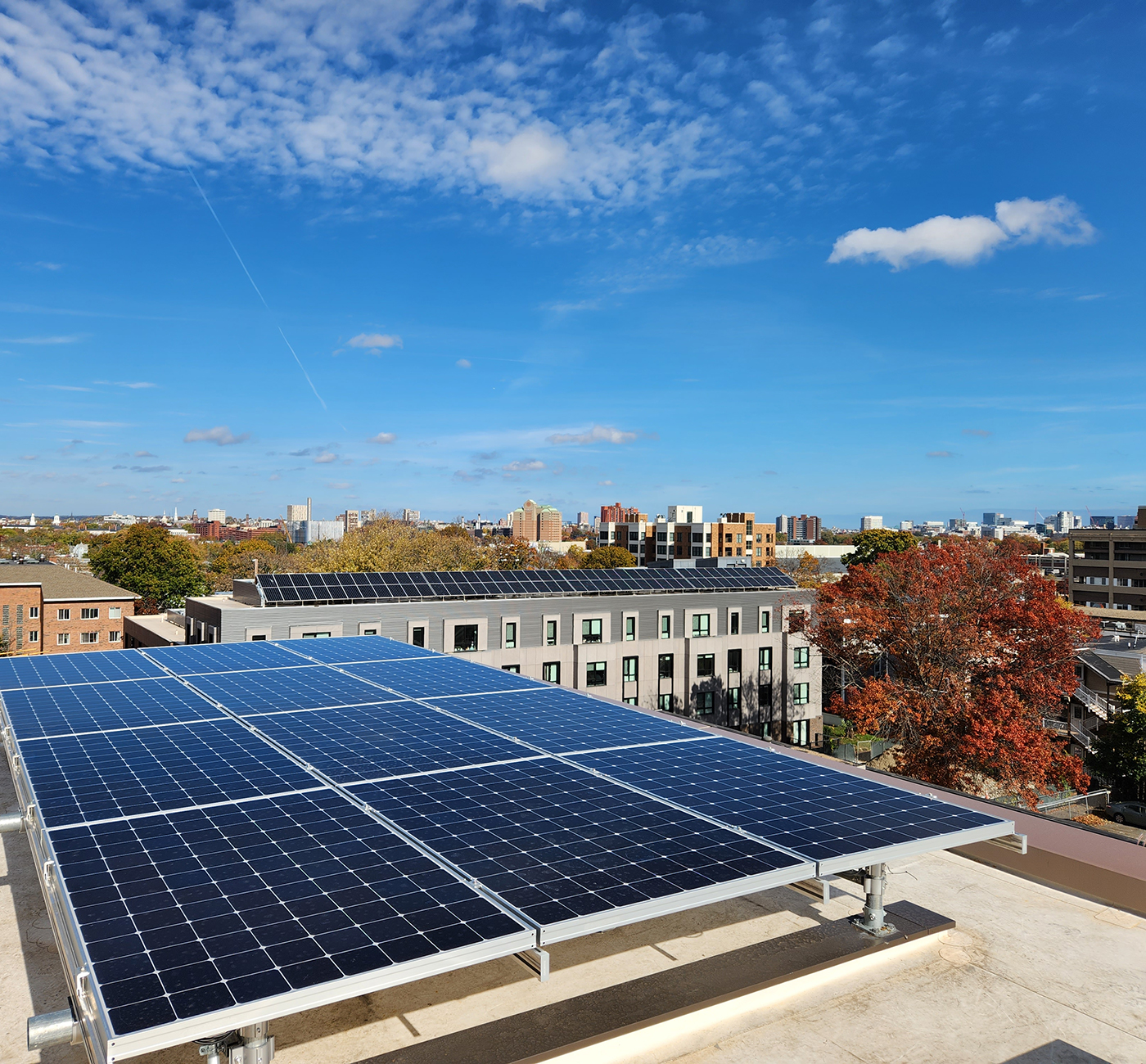For Commercial
An experienced, reliable energy partner for commercial organizations looking to add long-term value.
How Sunbug works with businesses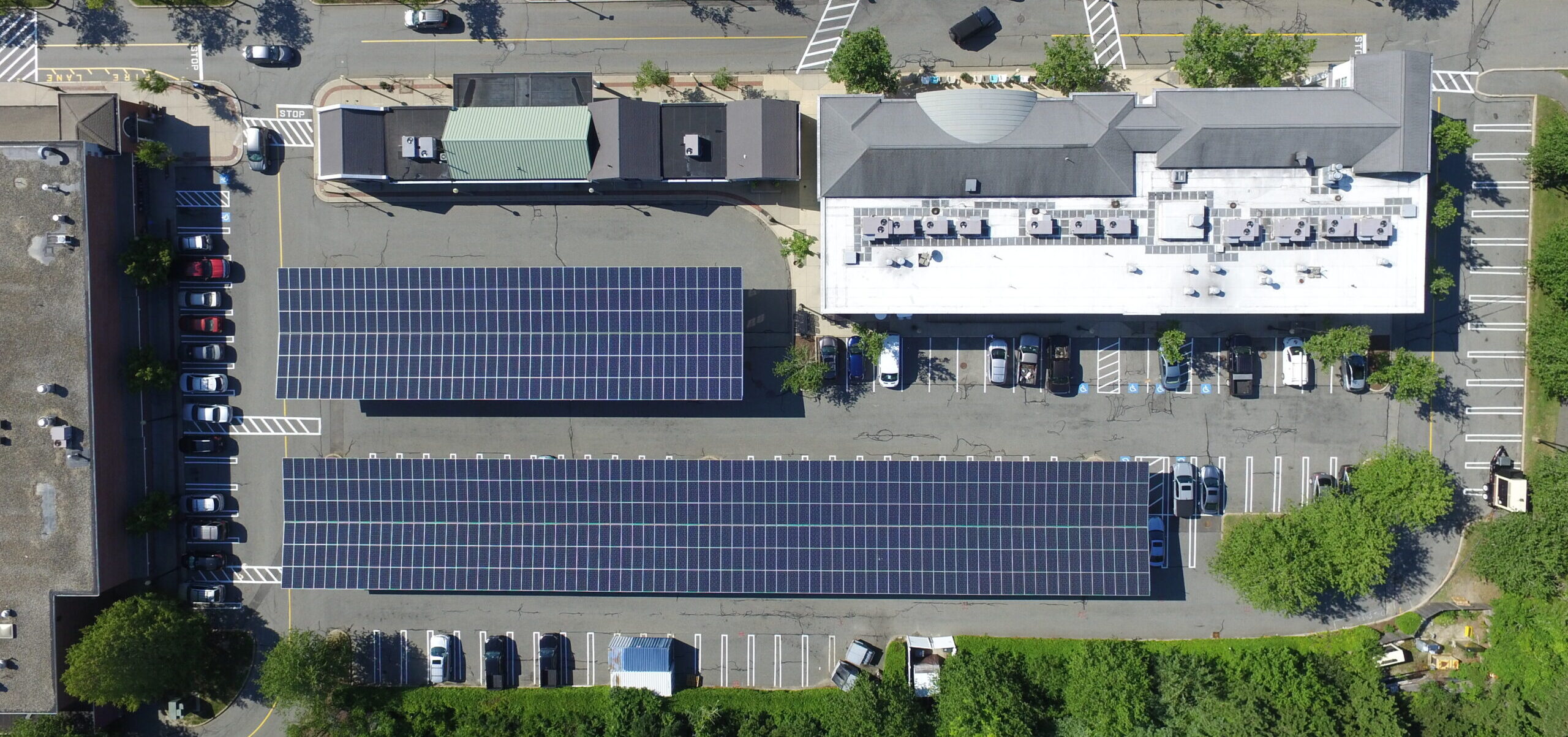
Smart organizations know that renewable energy projects represent an excellent opportunity to demonstrate their values while also creating financial value. Sunbug’s nearly 15 years of technical know-how, hands-on experience, and detailed understanding of Massachusetts energy policy and incentives make us ideally suited to guide and support future-facing organizations of all sizes.
There are a world of good reasons to make the move to renewable energy. Whether your organization is driven by economics, environment, or ideals, we’re excited to partner with you on the journey toward a more resilient future.
An experienced, reliable energy partner for commercial organizations looking to add long-term value.
How Sunbug works with businesses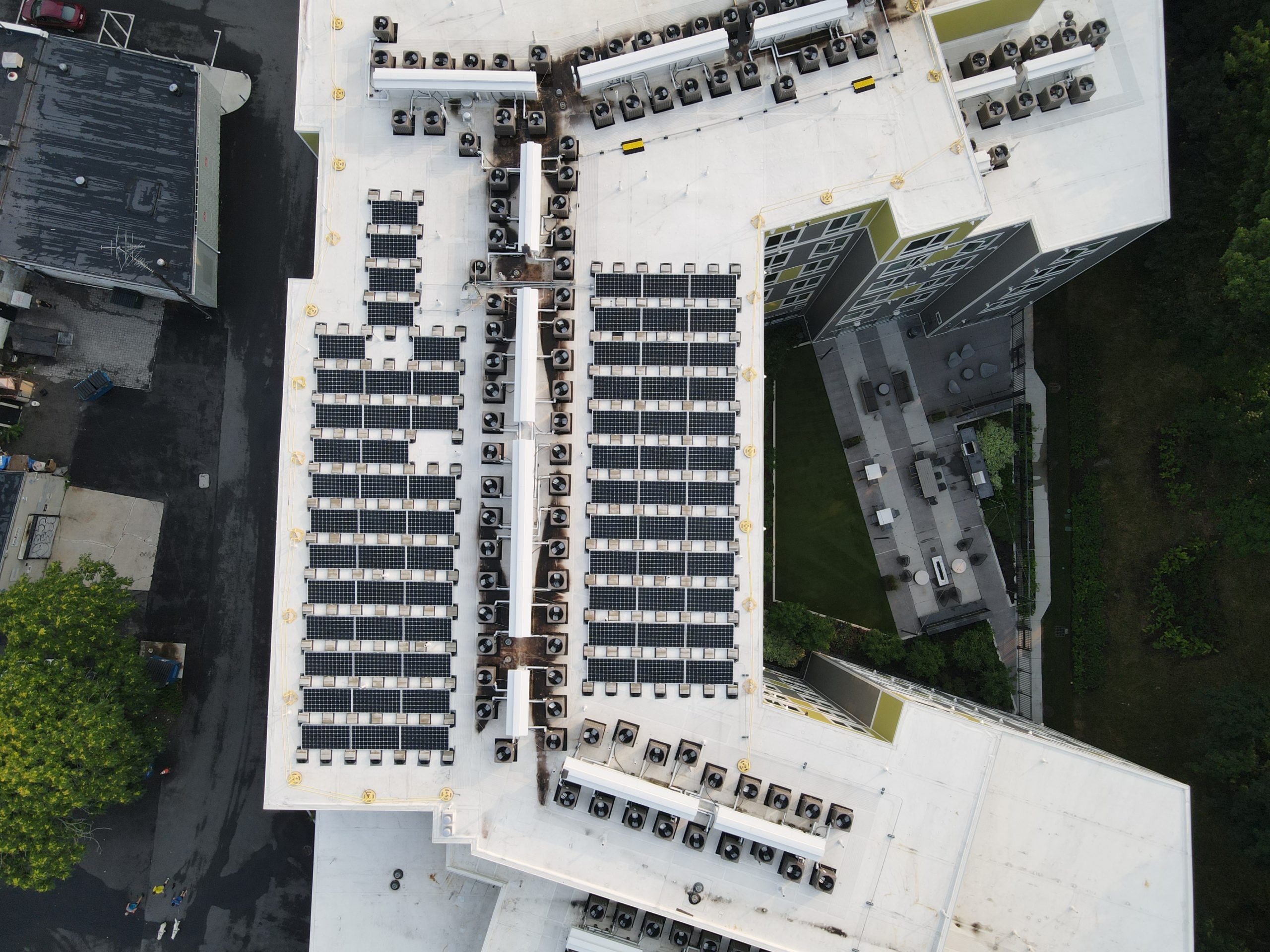
A certified B-Corp that takes pride in empowering mission-driven organizations of all shapes and sizes.
How Sunbug works with nonprofits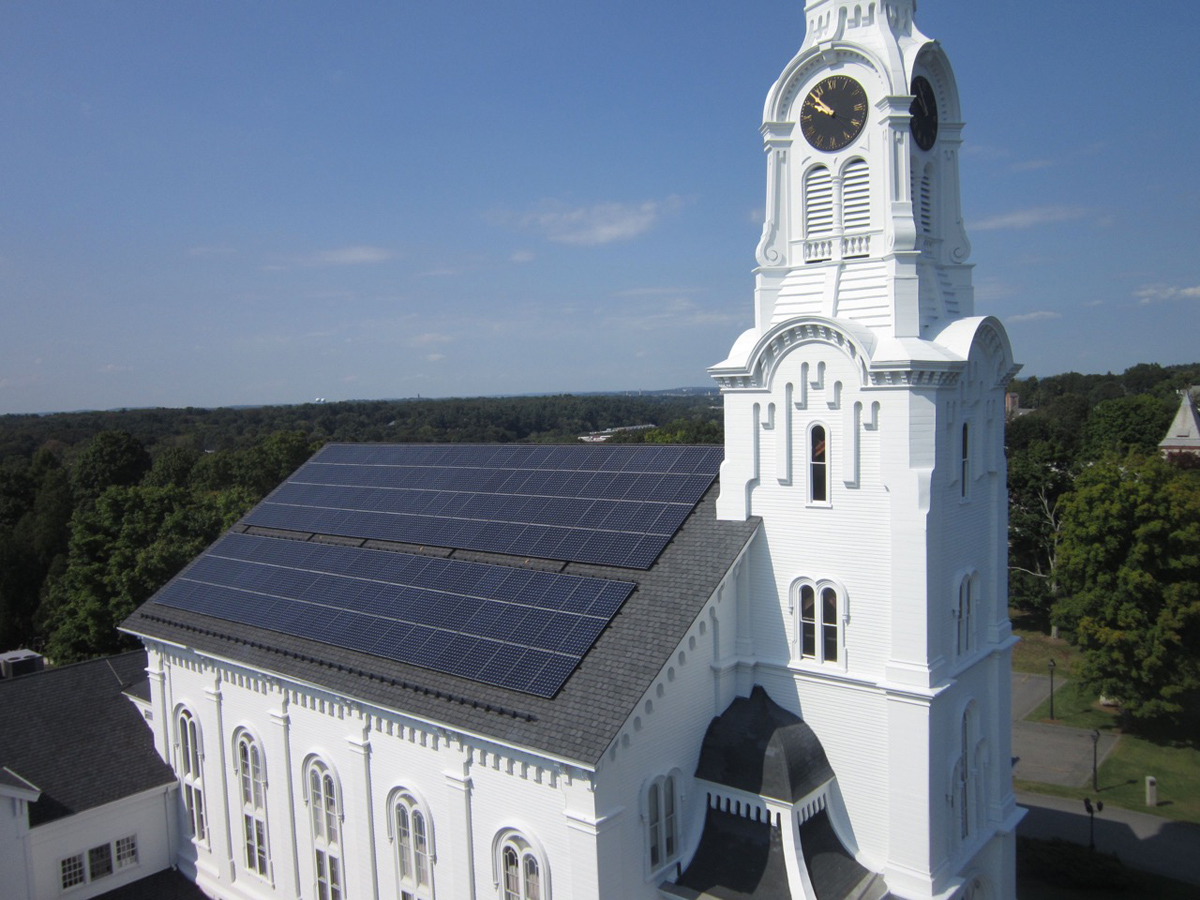
At Sunbug, we’re about much more than selling solar to turn a profit – we’ve seen how renewable energy empowers organizations while reducing emissions. We’re a certified B-Corp, which means that we hold ourselves to a higher standard when it comes to social and environmental performance, transparency, and accountability. We aspire to be the best in the world while doing our best for the world – and we do it by working with each customer to create the very best energy solution for their needs and goals.
From a low-pressure sales approach to a high-touch, full-service working process, you can trust us to lean into our values, stand by our work, and stay true to our word—every step of the way.

The Investment Tax Credit (ITC) is a tax credit for solar that is equal to 30% of total system expenditures. Eligible equipment includes panels, racking, inverters, cabling, and all services and expenses required for installation.
Under the federal Modified Accelerated Cost-Recovery System (MACRS), businesses may also recover portions of their investment in certain properties through accelerated depreciation deductions. MACRS allows for a 6-year depreciation for solar system investments, providing tax savings equal to an additional 25% or more of the system cost (depending on tax bracket).
Together, MACRS and the ITC can reduce the price of a solar array by roughly 60%. As such, a $500,000 solar array can actually carry a net, after-tax price tag of just $200,000.
Once the provisions of the 2022 Inflation Reduction Act take effect later in 2023, there will also be several “adders” or bonus tax credits, allowing systems located in energy justice communities, systems built with largely U.S. components, and systems which benefit low-income ratepayers to enjoy an expanded tax credit.
The Inflation Reduction Act of 2022 explicitly allows nonprofits to take advantage of the federal Investment Tax Credit (ITC) through a provision known as direct pay. Under the direct payment option, a tax-exempt organization can now receive the same cost-saving benefit as for-profit commercial entities: a refund equal to 30% or more of solar system cost.
However, since nonprofits have no annual tax burden, they cannot take advantage of the MACRS program’s depreciation deductions.
Because the upfront cost of a renewable system is the full project price, self-financed customers typically include for-profit commercial entities with adequate cash on hand or with access to capital–or non-profits engaged in fundraising to self-finance their solar investment. It is typically the case that organizations who wish to finance their solar investment with a commercial loan will find that the system is cash-flow positive from year one, and that cash flow should be equal to or greater than the loan payments.
A second option is a Power Purchase Agreement (PPA) or roof/property lease, under which the system is purchased by a third party who, in turn, either sells the power from the system back to the customer at a discount off their current rate, and/or simply leases the rooftop (or parking lot or land) from the customer. A PPA or lease arrangement requires no upfront cost on the part of the customer, but is usually applicable only to larger systems (i.e. greater than 100kW AC).
Finally, an operating lease may be appropriate for commercial clients with strong credit who are unable to take advantage of federal solar tax incentives.
Each system is unique, and specifics around cost of installation, size, production, available tax credits, and other incentives contribute to each project’s overall savings. In general, though, Massachusetts’ high cost of electricity and strong net metering regulations combine to make six-to-eight-year paybacks common among for profit customers (who are able to take advantage of accelerated depreciation), while nonprofit clients more commonly see payback periods of better than ten years.
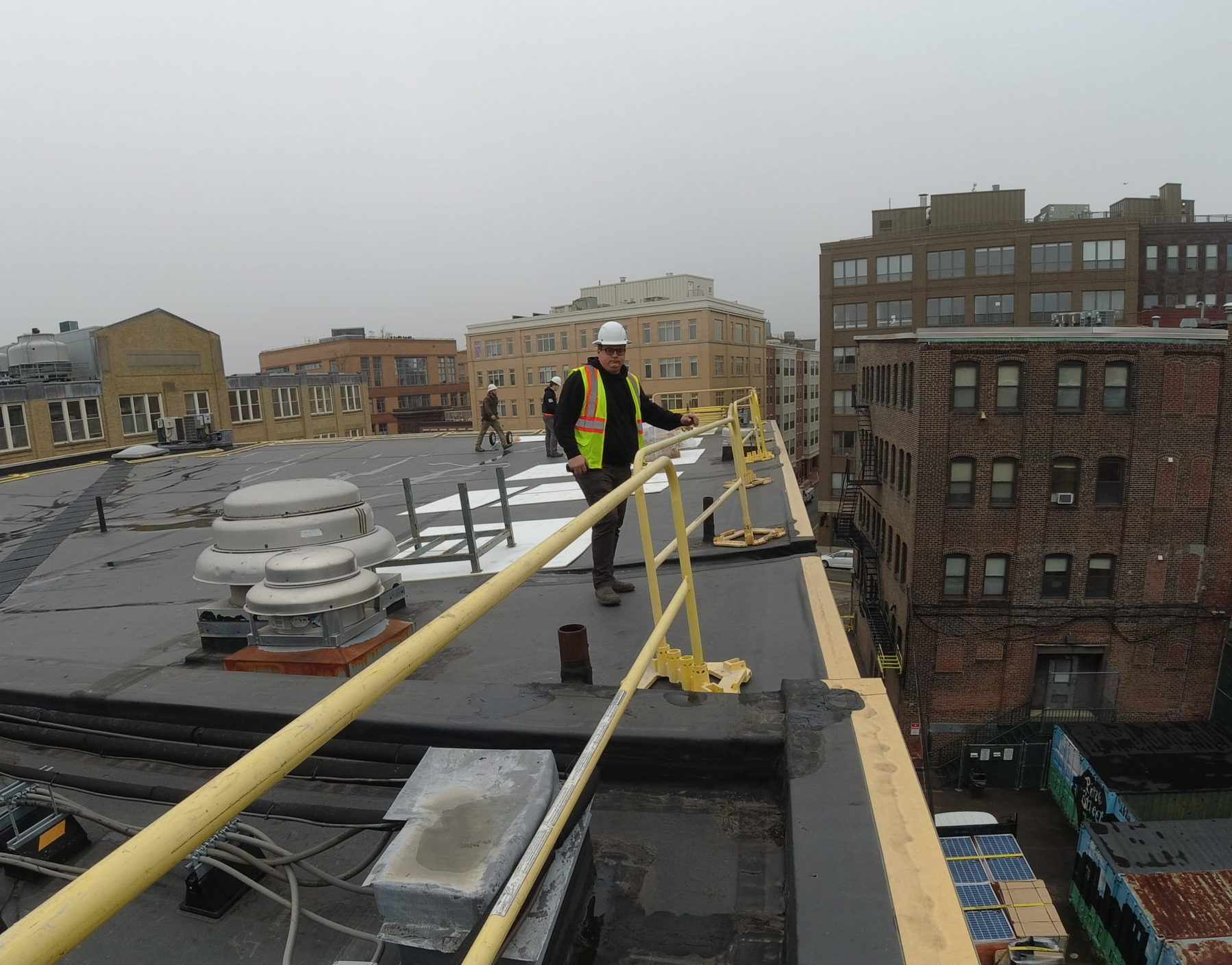
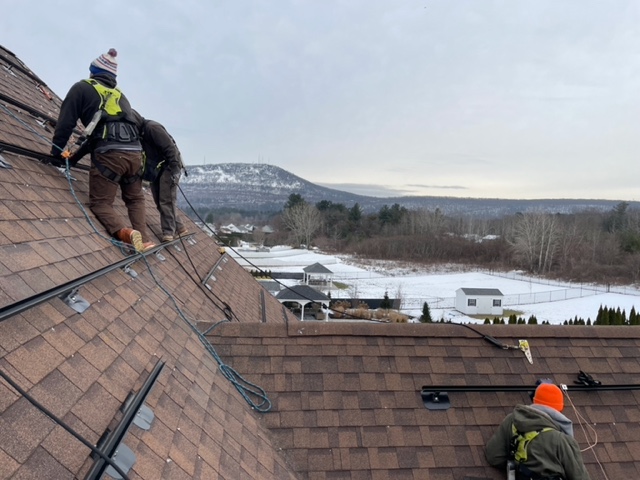

Investing in solar can be as good for your wallet as it is for the world.
Explore the economics